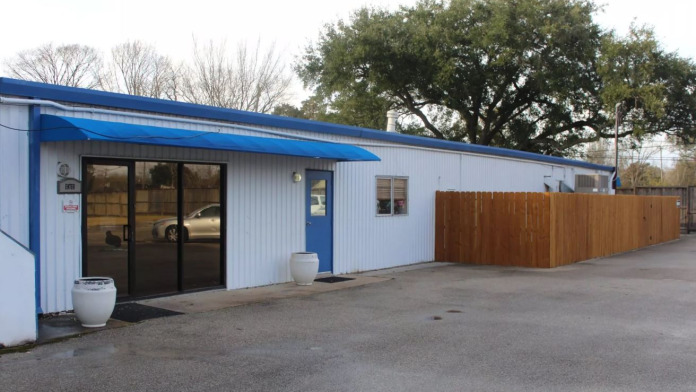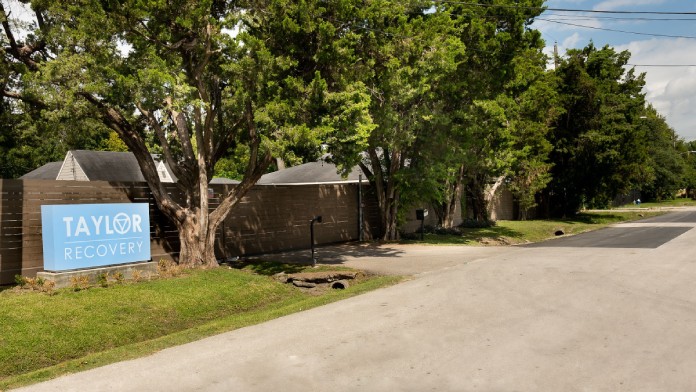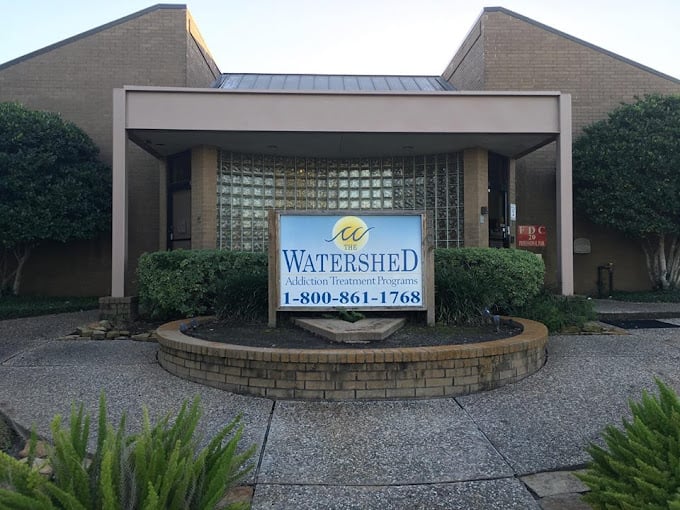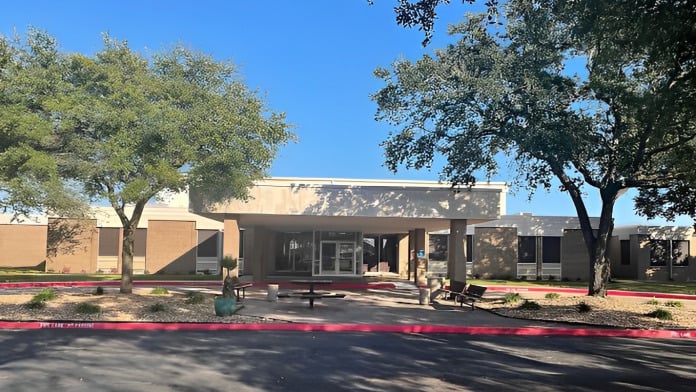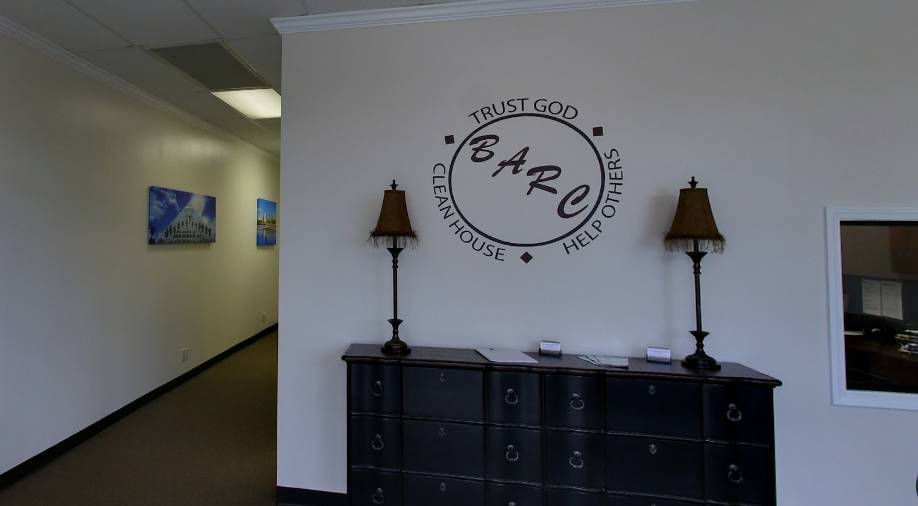About The Harris Center for Mental Health and IDD
The Harris Center for Mental Health and IDD is located on Southwest Freeway in Houston, Texas. They provide outpatient behavioral health treatment for co-occurring behavioral health and substance use conditions to adults, children and adolescents.
Specialized in Interventions for Early Recovery
They provide screening, assessment, crisis intervention, counseling, medication and case management services to you through integrated dual diagnosis care for co-occurring behavioral health and substance use treatment. They specialize in intervention services including detox and withdrawal management, so they can help you from the moment you decide to begin recovery.
Treatments for People with Intellectual or Developmental Disabilities
This treatment center offers services to individuals with high needs too, such as those experiencing a psychiatric crisis and intellectual or developmental disabilities. For people who have IDD along with drug or alcohol addiction, you don’t find many rehabs that can manage all of these needs together, so this one stands out.
Dedicated Services for Veterans, Justice Involved Individuals and Homeless Populations
I am encouraged to learn that they also offer dedicated services for veterans, for people involved in the criminal justice system, and people experiencing homelessness. They also provide tailored programs for children and adolescents, including early childhood intervention and juvenile justice collaboration.
Payments accepted for services include Medicaid, Medicare and various private insurance plans. They also offer a sliding fee scale for qualifying clients based on income and financial need. Uninsured clients may be eligible for reduced fees or state funded services.
They’re located in southwest Houston, they are close to Bayland Park, a green space offering walking trails and recreation. They are also close to Houston’s Bellaire neighborhood and the Houston Museum District, which may offer community-based enrichment or calming environments.
Latest Reviews
Rehab Score
Gallery
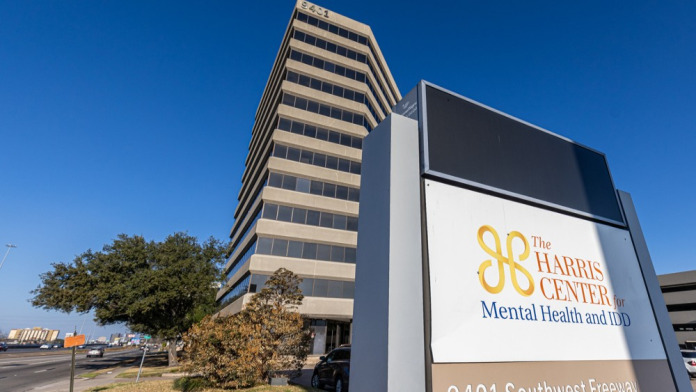
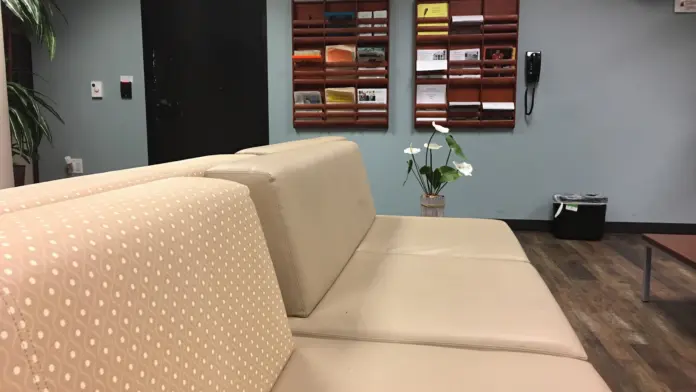

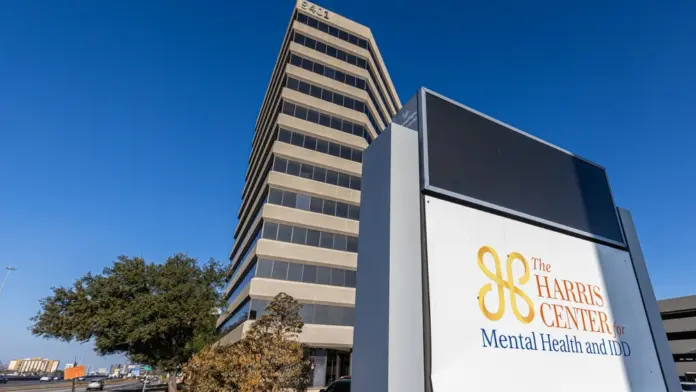
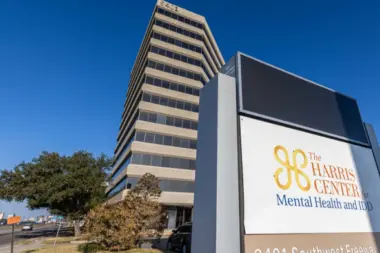
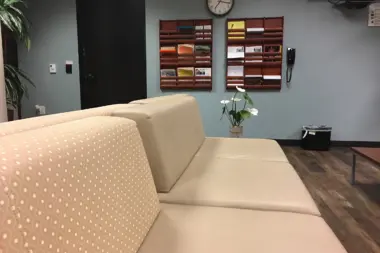

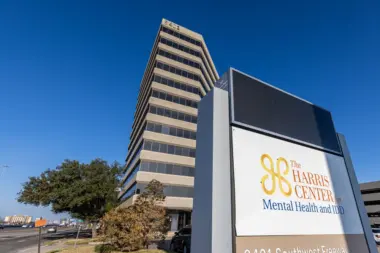
Other Forms of Payment
Private insurance refers to any kind of healthcare coverage that isn't from the state or federal government. This includes individual and family plans offered by an employer or purchased from the Insurance Marketplace. Every plan will have different requirements and out of pocket costs so be sure to get the full details before you start treatment.
Self-pay involves paying for treatment out of your own pocket. You can use savings or credit, get a personal loan, or receive help from family and friends to fund your treatment. If you don't have insurance or your insurance plan doesn't cover a specific program, self-pay can help ensure you still get the care you need.
Financial aid can take many forms. Centers may have grants or scholarships available to clients who meet eligibility requirements. Programs that receive SAMHSA grants may have financial aid available for those who need treatment as well. Grants and scholarships can help you pai for treatment without having to repay.
Sliding scale payments are based on a client's income and family size. The goal is to make treatment affordable to everyone. By taking these factors into account, addiction recovery care providers help ensure that your treatment does not become a financial burden to you or your family, eliminating one barrier to care.
Medicare is a federal program that provides health insurance for those 65 and older. It also serves people under 65 with chronic and disabling health challenges. To use Medicare for addiction treatment you need to find a program that accepts Medicare and is in network with your plan. Out of pocket costs and preauthorization requirements vary, so always check with your provider.
Medicaid is a state based program that helps lower-income individuals and families pay for healthcare. Medicaid covers addiction treatment so those enrolled can use their coverage to pay for rehab. When a program accepts Medicaid the client often pays very little or nothing out of their own pocket.
Addiction Treatments
Levels of Care
Outpatient Programs (OP) are for those seeking mental rehab or drug rehab, but who also stay at home every night. The main difference between outpatient treatment (OP) and intensive outpatient treatment (IOP) lies in the amount of hours the patient spends at the facility. Most of the time an outpatient program is designed for someone who has completed an inpatient stay and is looking to continue their growth in recovery. Outpatient is not meant to be the starting point, it is commonly referred to as aftercare.
Treatments
Many of those suffering from addiction also suffer from mental or emotional illnesses like schizophrenia, bipolar disorder, depression, or anxiety disorders. Rehab and other substance abuse facilities treating those with a dual diagnosis or co-occurring disorder administer psychiatric treatment to address the person's mental health issue in addition to drug and alcohol rehabilitation.
Mental health rehabs focus on helping individuals recover from mental illnesses like bipolar disorder, clinical depression, anxiety disorders, schizophrenia, and more. Mental health professionals at these facilities are trained to understand and treat mental health issues, both in individual and group settings.
Programs
Adult rehab programs include therapies tailored to each client's specific needs, goals, and recovery progress. They are tailored to the specific challenges adult clients may face, including family and work pressures and commitments. From inpatient and residential treatment to various levels of outpatient services, there are many options available. Some facilities also help adults work through co-occurring conditions, like anxiety, that can accompany addiction.
Young adulthood can be an exciting, yet difficult, time of transition. Individuals in their late teens to mid-20s face unique stressors related to school, jobs, families, and social circles, which can lead to a rise in substance use. Rehab centers with dedicated young adult programs will include activities and amenities that cater to this age group, with an emphasis on specialized counseling, peer socialization, and ongoing aftercare.
Clinical Services
The goal of cognitive behavioral therapy (CBT) in Texas is to change thought patterns, which leads to changes in behavior. Specific techniques during CBT can include self talk, SMART goals, journaling, and positive activities.
Group therapy is any therapeutic work that happens in a group (not one-on-one). There are a number of different group therapy modalities, including support groups, experiential therapy, psycho-education, and more. Group therapy involves treatment as well as processing interaction between group members.
Individual therapy offers you a confidential space to address the complexities of your drug or alcohol addiction. Your therapist guides these personalized sessions to help develop self awareness and manage stress. This promotes sustained sobriety and overall well being.
Staff & Accreditations
Staff
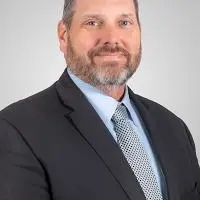
Wayne Young, MBA, LPC, FACHE
CEO
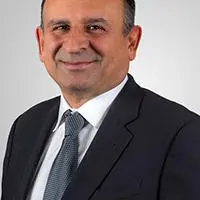
Mustafa Cochinwala
CIO

Keena Pace, LCSW
COO

Dr. Luming Li, MD, MHS
Chief Medical Officer

Joseph Gorczyca, SPHR
Interim Chief Administration Officer

Kendra Thomas, JD, LPC
General Councel

Kia Walker, RN, MSN
Chief Nursing Officer

Stanley C. Adams, MBA
CFO
Accreditations

The Commission on Accreditation of Rehabilitation Facilities (CARF) is a non-profit organization that specifically accredits rehab organizations. Founded in 1966, CARF's, mission is to help service providers like rehab facilities maintain high standards of care.
CARF Accreditation: Yes
Contact Information
9401 Southwest Freeway
Houston TX, 77074
